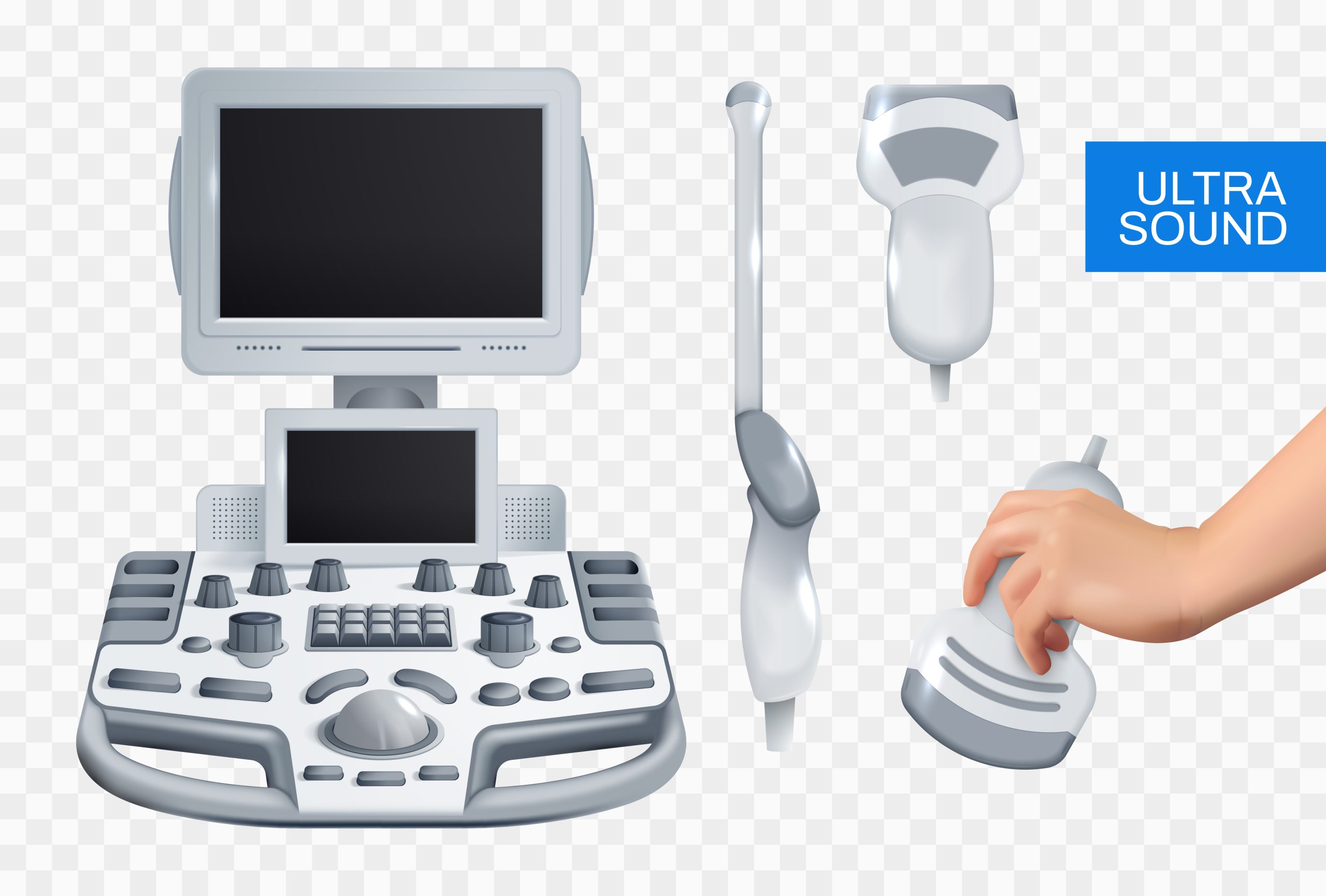Point-of-Care Ultrasound (POCUS)
- Description
- Curriculum

Course Description:
The Point-of-Care Ultrasound (POCUS) course is designed to equip healthcare professionals with the knowledge and practical skills necessary to perform focused ultrasound examinations at the bedside. Emphasising real-time, clinically integrated imaging, the course covers ultrasound physics, probe handling, diagnostic techniques across organ systems, and image interpretation. Learners will engage in structured modules addressing trauma, cardiac, thoracic, abdominal, musculoskeletal, vascular, and procedural applications. Ethical considerations, reporting standards, and quality assurance practices are embedded throughout. The course adopts a competency-based approach with hands-on training, simulated scenarios, and continuous assessment to ensure clinical readiness and diagnostic accuracy.
Course Objectives:
- Describe the physical principles of ultrasound and its relevance to image formation and interpretation.
- Demonstrate appropriate probe selection, handling, and ergonomics across various clinical scenarios.
- Distinguish normal anatomical structures from pathological findings on ultrasound in acute and chronic conditions.
- Integrate sonographic findings with clinical assessment and other diagnostic modalities in decision-making.
- Apply quality assurance protocols, documentation standards, and ethical principles in the performance of POCUS.
Course Outcomes:
- Explain the mechanisms of ultrasound image generation and artefact recognition.
- Perform focused ultrasound assessments using appropriate scanning techniques.
- Identify critical ultrasound findings associated with emergent and routine clinical conditions.
- Evaluate sonographic information in the context of patient presentation and clinical judgement.
- Formulate structured ultrasound reports aligned with clinical, ethical, and legal requirements.
